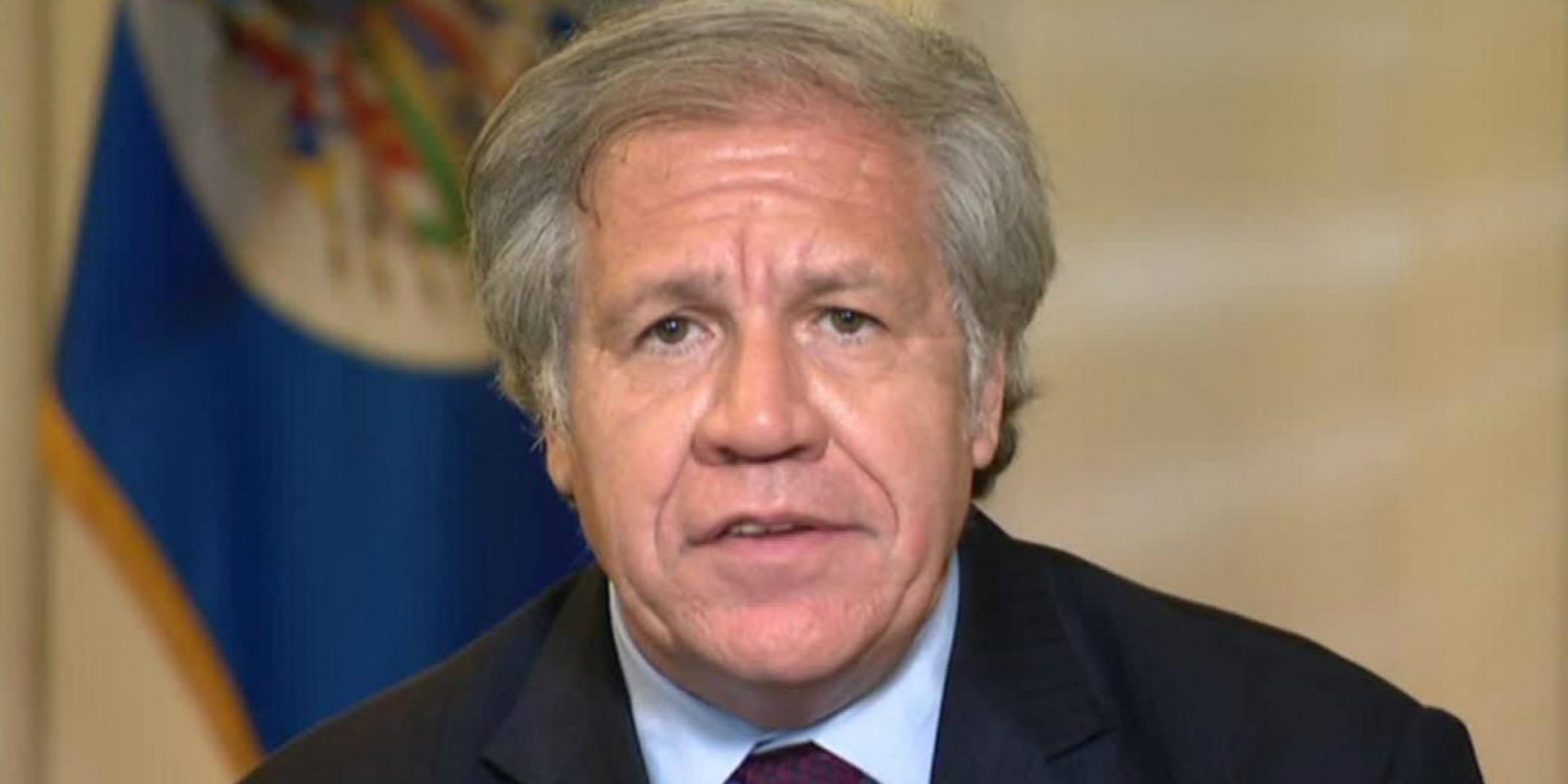The Organization of American States is a regional body with 35 member states, headquartered in Washington, D.C., that seeks to promote democracy, peace, and security across the Americas. Luis Almagro, who served as Minister of Foreign Affairs of Uruguay from 2010 to 2015, has been its Secretary General since May 2015.
The Politic: What options exist to improve conditions in Venezuela? What would you suggest?
Luis Almagro: The redemocratization of the country. As long as these people govern, there will be no fix. It is impossible. Maduro rules an absolutely delegitimized government: delegitimized by its population, delegitimized by its political system, delegitimized from the institutional point of view, and delegitimized among the international community. It is a government without options and without the capacity to generate the solutions that its people need.
This government, this dictatorship, this Venezuelan regime, has shown itself to be completely alien to the country’s problems. People die because they cannot get dialysis, and there is no government attempt to solve that. People die because they have other chronic diseases, and there is no official reaction. Children die in hospitals, practically one per day, and there is no reaction.
Imagine this in any other country on the continent. This sort of thing makes governments fall and sparks social protest. This is a completely oppressed society, on which an induced humanitarian crisis has been leveraged. The only measure this government has to relieve internal pressure is to make people leave. The government transfers its problems to all the other countries of the region, practically making it one of the most immoral governments in history. Almost no dictatorship on the continent has had such a detachment from the social problems of its country. And there have been horrible dictatorships on our continent.
So, the solution must pass through a legitimate and democratic government in Venezuela. Everything else is a palliative. Everything we can do to assist migrants and resolve specific issues—education, health, housing, and security—are palliatives for a situation generated by a dictatorship on the continent.
In the last days of 2018, you announced the application of the Democratic Charter of the OAS to Nicaragua. What does this imply? In your opinion, is Nicaraguan President Daniel Ortega following in the footsteps of Maduro?
He is throwing himself off the same precipice from which Maduro threw himself. This was something unnecessary for Ortega, but he chose that path and sent himself off that precipice. That is why, according to what Article 20 of the Charter itself says, when an alteration to the constitutional order is violated by one of the countries or by the General-Secretariat itself, action has to be taken. When we consider all the violations of these constitutional principles by the Ortega government, we definitely have to start the path of applying the Democratic Charter.
The process of implementing the Democratic Charter is not as simple as some people believe. The application of the Charter does not imply the suspension of the country [from the OAS]. If we look at Article 20, there are five steps before that suspension occurs: a summoning request, a meeting of the Permanent Council, the collective resolution on the part of the states with respect to the situation in the country in question, the making of the decisions that the countries deem necessary, and the realization of diplomatic procedures and best efforts. And if all that fails, the last point is to call an [Extraordinary General Meeting] to deal with the suspension of the country, or to generate another type of solution. It is how irreversible [the situation in Nicaragua] has become over the last few months that forces us to take this path, hoping that the solution for Nicaragua will be political and diplomatic.
According to the Latinobarómetro Report of 2018, support for democracy in Latin America fell for the sixth consecutive year and citizen dissatisfaction with the democratic system reached 71 percent, compared to 51 percent in 2009. Is distrust of democracy the greatest challenge facing Latin America?
It is not a problem of distrust in democracy. It is a problem of inefficiency. When democracy is missing, people get sick, the demands get stronger, and despair and protest are transformed into something very severe. The cases of Venezuela and Nicaragua are very demonstrative in this regard.
The problem that democracy has on the continent today is that many of our political systems and our political parties have not managed to fully exit the 20th century. They continue proposing, as we approach the end of the second decade of the 21st century, the same solutions from the 20th century. And today, that is very inefficient.
So, if our institutions are not more efficient when it comes to resolving issues of corruption, environmental issues, economic issues, labor issues, education issues… that will definitely continue to impact levels of confidence in the functioning of the political system, which, in practically all parts of the continent, is democracy. Our institutions must take a step to update themselves, to solve [problems] in real time, [in order to] shape public opinion and address the needs of their people.
Before, a politician in the 20th century could wait to be judged at the end of his term, which is now an absolute impossibility. Today, the politician is judged immediately: he is judged by something he has just done or by something he did not yet do.
So that is the fundamental issue: the efficiency of institutions, the efficiency of politicians, and the efficiency of political parties. That is the issue that must be resolved to restore confidence in democracy. If the criteria [for judging politicians] will continue to be those of the 20th century, the times will remain those of the 20th century, the politicians will continue to be those of the 20th century, and the confidence of the people [in democracy] will continue to fall next year.

